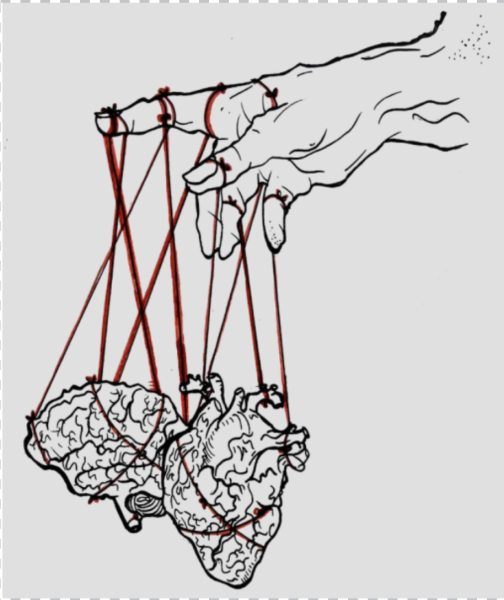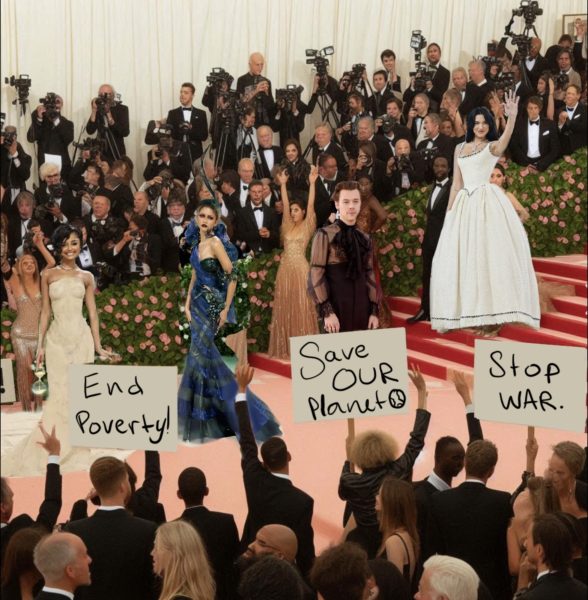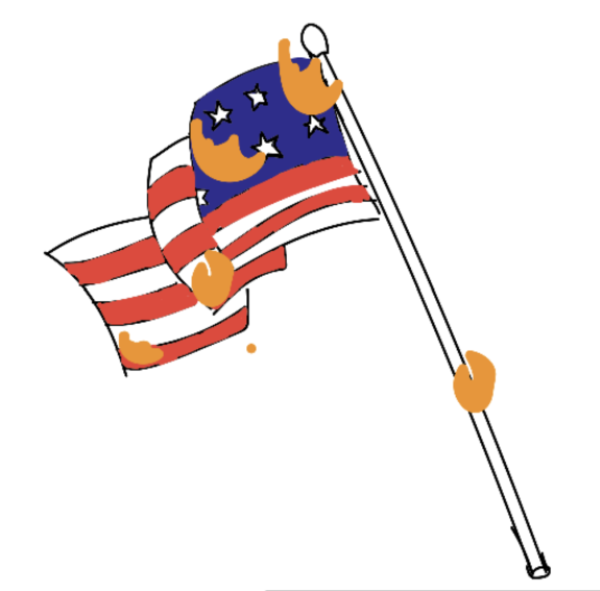Female Leaders: Are They Up To The Job?
The role of women in politics has become a trending topic in the media in recent times and not always for the good reasons. From British prime minister Liz Truss who resigned after only 49 days and the new prime minister of Italy Giorgia Meloni putting forward some questionable laws regarding immigration, some people have started to question whether women belong to politics or not. There are currently over 25 female heads of state worldwide, but the question is are they capable of leading a country?
Sanna Marin, 37, a member of the Social Democratic Party of Finland, has been the prime minister of Finland since 2019. She came into the spotlight for a scandal regarding a video that was leaked in August of 2022. In the video she was seen drinking alcohol, dancing and singing at a party in a private venue. Although this is all normal for a woman in her 30s, being the prime minister of Finland doesn’t make her a regular woman, so the video raised lots of criticism. After the incident she publicly apologized saying that her behaviour was inappropriate. It is being said that the controversy around Marin’s behaviour is considered to be sexist as other leaders have also been seen acting inappropriately publicly, but a similar big fuss had never been made. On the other hand Mikael Jugner, former secretary of the Social Democratic Party, claims that the backlash would have been a lot worse if it had involved a young man. “Dancing provocatively, having parties… it would have been a catastrophe,” Researcher Johanna Vuorelma, agrees that her actions would have been a scandal even if she was a man but with a different tone. She also said that the video had been sexualized in a way that would have not been done if it involved a man. Women from all over the world responded to this by posting videos of them partying saying that it is a normal thing for a young attractive woman. Marin responded to the scandal by saying “During these dark times, I need some joy, light and fun as well.” The prime minister also has a 4 year old daughter and her actions have been said to be inappropriate considering she is a mother. Moreover this has not been the first time Marin has been accused of partying. In December 2021 she was seen clubbing, following a COVID-19 close contact. She defended herself by saying she had left her work phone at home, therefore did not get the message that she had to self-isolate. In Finland, the situation is viewed more as a political issue and what is appropriate for a prime minister, and worldwide it is a moral issue as Marin is one of the few young female leaders. Some people say that this scandal could cost her the next election while others say that it will actually help her gain the support of young female voters. (Maishman 2022)
In October 2022 Giorgia Meloni,45, was elected as the prime minister in Italy, making her the first female leader in the country. She has been involved in politics for a long time, leading the Brothers of Italy political party since 2014 and being president of the European Conservatives and Reformists Party since 2020. She is leading the most right wing government in the country since World War 2. For many years she has been open about her concerns with the Italian immigration laws, saying that they will turn Italy into the refugee camp of Europe. Now that she has been elected prime minister, one of the first things she would do is change the system regarding immigration. Italy is one of the main entry points to Europe for refugees and since the beginning of 2022, over 70,000 migrants have entered the country. Refugees fear that things will change now that Meloni is in power. Refugee Mustapha Jarjou has said in an interview “I am very worried it’s going to create a lot of negative impact on the lives of migrants like me.” She wants to tighten the system for asylum seekers, as she believes that the constant entry of refugees is threatening the safety and life quality of the Italian citizens. Her aim is to stop migration boats which are crossing the mediterranean from entering the country. She has said in response to the controversy regarding her decision “We do not intend in any way to question the right of asylum for those fleeing wars and persecutions. All we want to do in relation to immigration is to stop the traffickers from having the choice of deciding who enters Italy.” She has mentioned that she feels the pressure of being the first female prime minister and described herself as an underdog. (BBC News 2022) Before becoming prime minister she was quoted as saying that Italy should “repatriate migrants back to their countries and then sink the boats that rescued them” She has promised to create hard measures to prevent the entry of immigrants. “The smart approach is: You come to my house according to my rules,” (Pitrelli 2022)
Jacinda Ardern, 42, has been the prime minister of New Zealand since 2017 and came to the spotlight due to the way she dealt with the pandemic. New Zealand is known as one of the countries which had the strictest rules regarding COVID-19. Although the laws were strict they allowed for the country to be able to contain COVID-19 keeping cases and deaths extremely low. There were a total of around 17 deaths and 1,456 cases, making it one of the countries with the lowest number of cases in the world. In 2021 she reinstated the COVID-19 laws that had been removed after 9 cases of the Omicron variant were found, causing her to postpone her own wedding. She said in an interview “I am no different to, dare I say it, thousands of other New Zealanders who have had much more devastating impacts felt by the pandemic, the most gutting of which is the inability to be with a loved one sometimes when they are gravely ill. That will far, far outstrip any sadness I experience.” (Mehta 2022)
To conclude there is no way to judge women in politics as a whole, because each one is different. Just because one is not necessarily doing the best job of leading their country does not mean another one could not be capable. They are all individuals with their own ideas and opinions, and their actions do not identify an entire group of people. There is also a stereotype around women, so people are just looking for reasons as to why they should not be leaders. It is also important to understand that all these women were voted in, meaning that the majority of the people in their country believe that they have the skills to be their leader. As women are a clear minority in politics, the question of “do they belong?” is hard to answer, but this should not be judged by their gender or what women before them have done, but by their actions and what they are doing to lead their country.
Hi, My name is Agnese and I am a student in Year 11. This is my 4th year at ISL and my 1st year as a writer for The High. I am Italian and have been writing...






